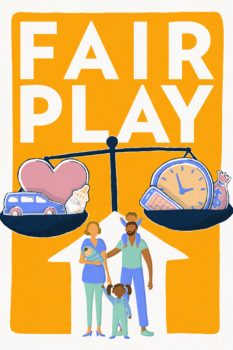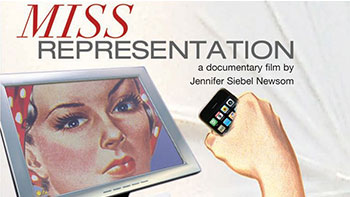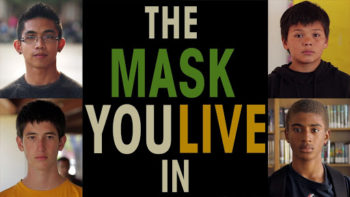You know it’s bad when the creator of the World Wide Web says: “The web isn’t working for women and girls.” The internet has proved time and time again to be more than just the place to find the latest viral dance craze or the best way to share memes with your grandma— but a place where people (often women) are criticized, bullied, and harassed with real-world consequences. Last week, the inventor of the Web Sir. Tim Berners-Lee called the incessant trolling women face online a “dangerous trend”—one that is hindering gender equality and should not be dismissed with the age-old suggestion to “log off.”
It’s time to get serious about online safety. Senator Elizabeth Warren was just one of the most recent victims of online abuse. During her presidential run, alleged supporters of a rival candidate took to her social media to call her a “snake” and “traitor.” But Warren notes that she didn’t even receive the worst of the attacks—stating that women of color who led a Nevada union had their phone numbers and home addresses published, a dangerous practice known as doxing.
Ashley Judd recently had to shake off the haters after being shamed for her appearance. Judd addressed the sexist criticism with a statement on Facebook saying, “My self-worth and value are neither based on being built up nor on being torn down.”
Last February, Love Island host Caroline Flack died by suicide, with many citing the media frenzy and social media bullying as playing a possible role in the tragedy. In Flack’s 2015 autobiography, she addresses the awful nature of the tabloid culture that followed her career—but said it’s no match for the trolls of Twitter. “However vile they are, newspapers have to be careful because of libel and privacy. But Twitter is different. nobody censors that.”
Of course, women in the spotlight are not the only ones experiencing this online abuse. In a study by Pew Research, women were twice as likely as men to say they have experienced online harassment because of their gender. But the internet’s rampant online misogyny has yet to be effectively addressed by tech companies, social media platforms, or most governments. Bishakha Datta of Mumbai-based Point of View says it perfectly—“In a world where we seamlessly navigate the online and the offline every day – often being in both spaces at the same time – it is crucial for us to address the violence that women face in both realms. Online violence is real violence.”
Take Action! Support organizations like Global Fund for Women, a nonprofit fighting online and offline violence against women.



